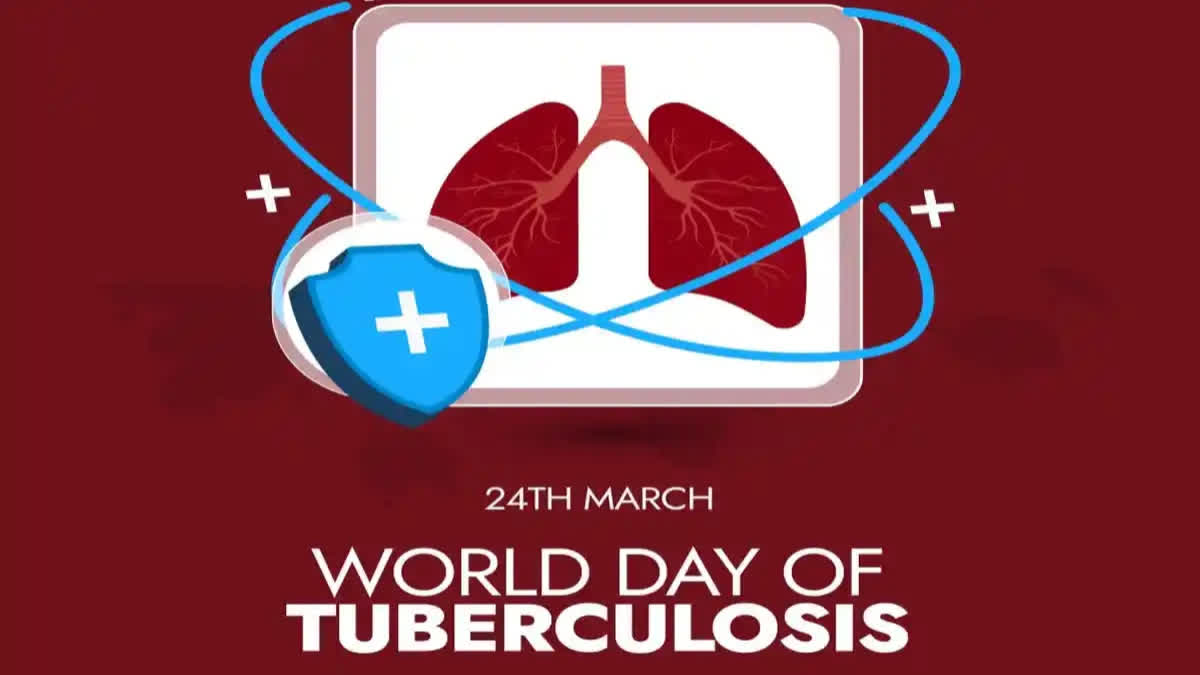New Delhi: The Bill & Melinda Gates Medical Research Institute (Gates MRI) launched a Phase III trial of a tuberculosis (TB) vaccine candidate in South Africa on March 19, 2024.
The candidate vaccine – referred to as M72/AS01E – “could potentially become the first vaccine to help prevent pulmonary TB in adolescents and adults, the most common form of the disease, and the first new TB vaccine in over a century”, the foundation said.
If the candidate vaccine succeeds it will be the first vaccine for the disease more than a century after Bacille Calmette-Guérin (BCG)was developed. The BCG is a vaccine for TB given to infants and small children in other countries where TB is common. BCG does not always protect people from getting TB.
The trial will span five nations in the sub-Saharan Africa and two in East Asia, where TB deaths are rampant. South Africa, which witnesses around 2,80,000 new cases of TB each year, will host the majority of trial sites. Besides the Gates MRI vaccine, there are around 10 vaccines in the late-stage development globally.
According to the World Health Organisation (WHO), the TB vaccine candidate pipeline includes several vaccine platforms including whole-cell vaccines, adjuvanted proteins, and recombinant subunit vector vaccines. Candidate vaccines are being developed for the prevention of TB in adolescents and adults, for early life immunisation as BCG replacement, as BCG boosters, for vaccination of TB patients after treatment to prevent disease recurrence, or as immunotherapeutic adjuncts to drug therapy intended to reduce treatment duration.
Closer home, Bharat Biotech has started clinical trials of MTBVAC, the Spanish tuberculosis vaccine candidate, the first live attenuated vaccine of Mycobacterium tuberculosis isolated from a human, in India.
The trials are important for India as it has the highest number of cases of TB in the world with around 27 per cent of the global cases being reported from India. According to WHO's Global TB Report 2023, out of the 28.2 lakh cases reported, 12 per cent or 3.42 lakh people died in India alone.
India is followed by Indonesia (10 per cent), China (7.1 per cent), the Philippines (7 per cent), Pakistan (5.7 per cent), Nigeria (4.5 per cent), and Bangladesh (3.6 per cent). The report shows India's gradual progress in reducing the number of cases.
From 258 patients per 1,00,000 people in 2015, the number has dropped to 199 per 1,00,000 people in 2022. However, it is to be noted that the rate is still far higher than the global average of 133 per 1,00,000.
According to WHO data, 10.6 million people were affected by TB in 2022, with a whopping 1.3 million of them losing their lives. Global efforts to combat TB have saved an estimated 75 million lives since 2000, according to WHO.
WHO says Multidrug-resistant TB (MDR-TB) remains a public health crisis. While an estimated 4,10,000 people developed multidrug-resistant or rifampicin-resistant TB (MDR/RR-TB) in 2022, only about two in five people have access to treatment. "Progress in the development of new TB diagnostics, drugs, and vaccines remains constrained by the overall level of investment in these sectors'', a WHO report mentions.
India is again one of the leading countries with 26.8 per cent of multiple drug-resistant patients. World Tuberculosis Day which is commemorated on March 24 every year is being marked under the theme 'Yes! We can end TB!' by WHO this year. "Conveying a message of hope that getting back on track to turn the tide against the TB epidemic is possible through high-level leadership, increased investments and faster uptake of new WHO recommendations’," a WHO report says.
WHO FACTSHEET
- A total of 1.3 million people died from TB in 2022 (including 167,000 people with HIV). Worldwide, TB is the second leading infectious killer after COVID-19 (above HIV and AIDS).
- In 2022, an estimated 10.6 million people fell ill with tuberculosis (TB) worldwide, including 5.8 million men, 3.5 million women and 1.3 million children. TB is present in all countries and age groups. TB is curable and preventable.
- Multidrug-resistant TB (MDR-TB) remains a public health crisis and a health security threat. Only about 2 in 5 people with drug-resistant TB accessed treatment in 2022.
- Global efforts to combat TB have saved an estimated 75 million lives since the year 2000.
- US$ 13 billion is needed annually for TB prevention, diagnosis, treatment, and care to achieve the global target agreed at the 2018 UN high level-meeting on TB.
- Ending the TB epidemic by 2030 is among the health targets of the United Nations Sustainable Development Goals (SDGs).



